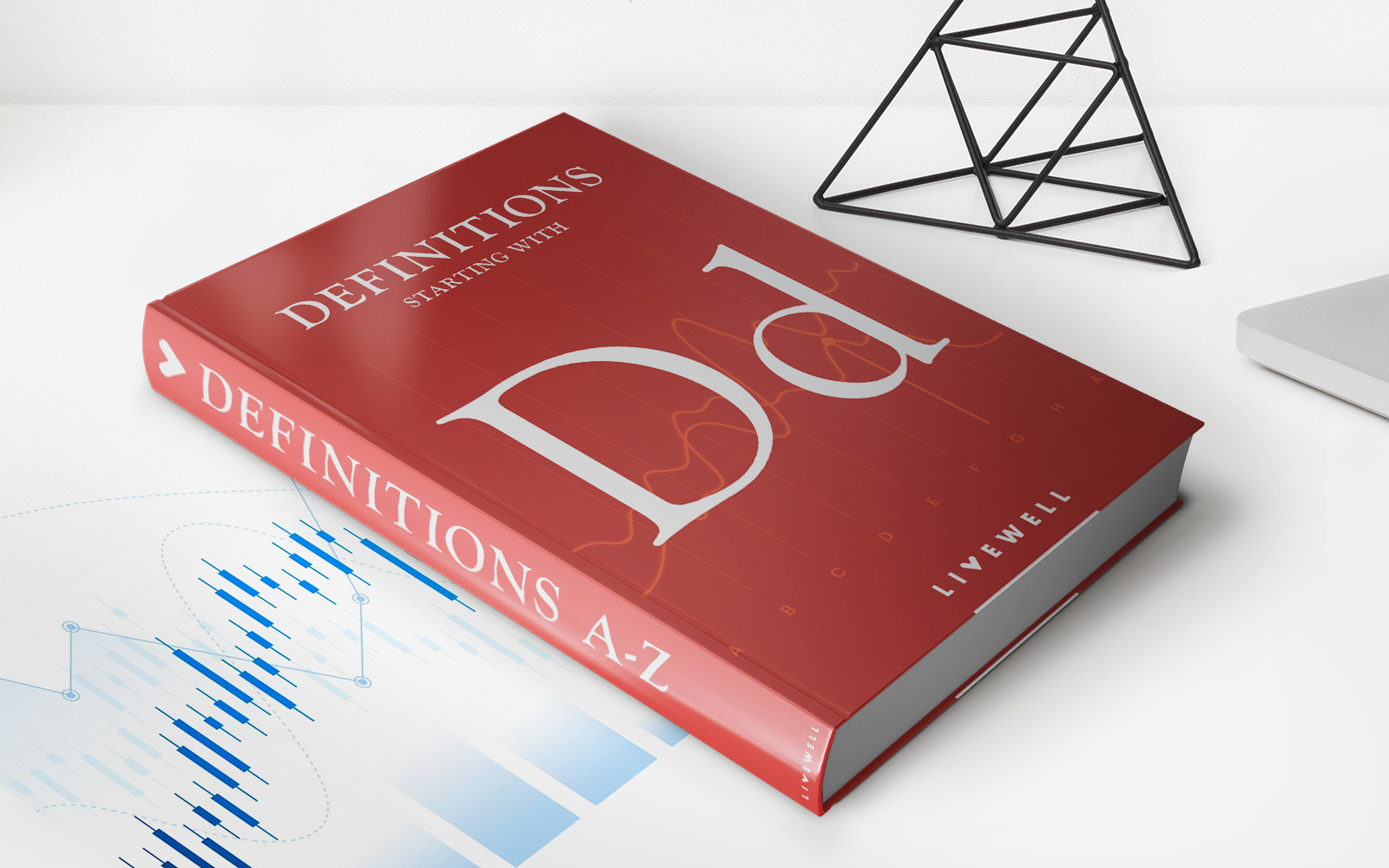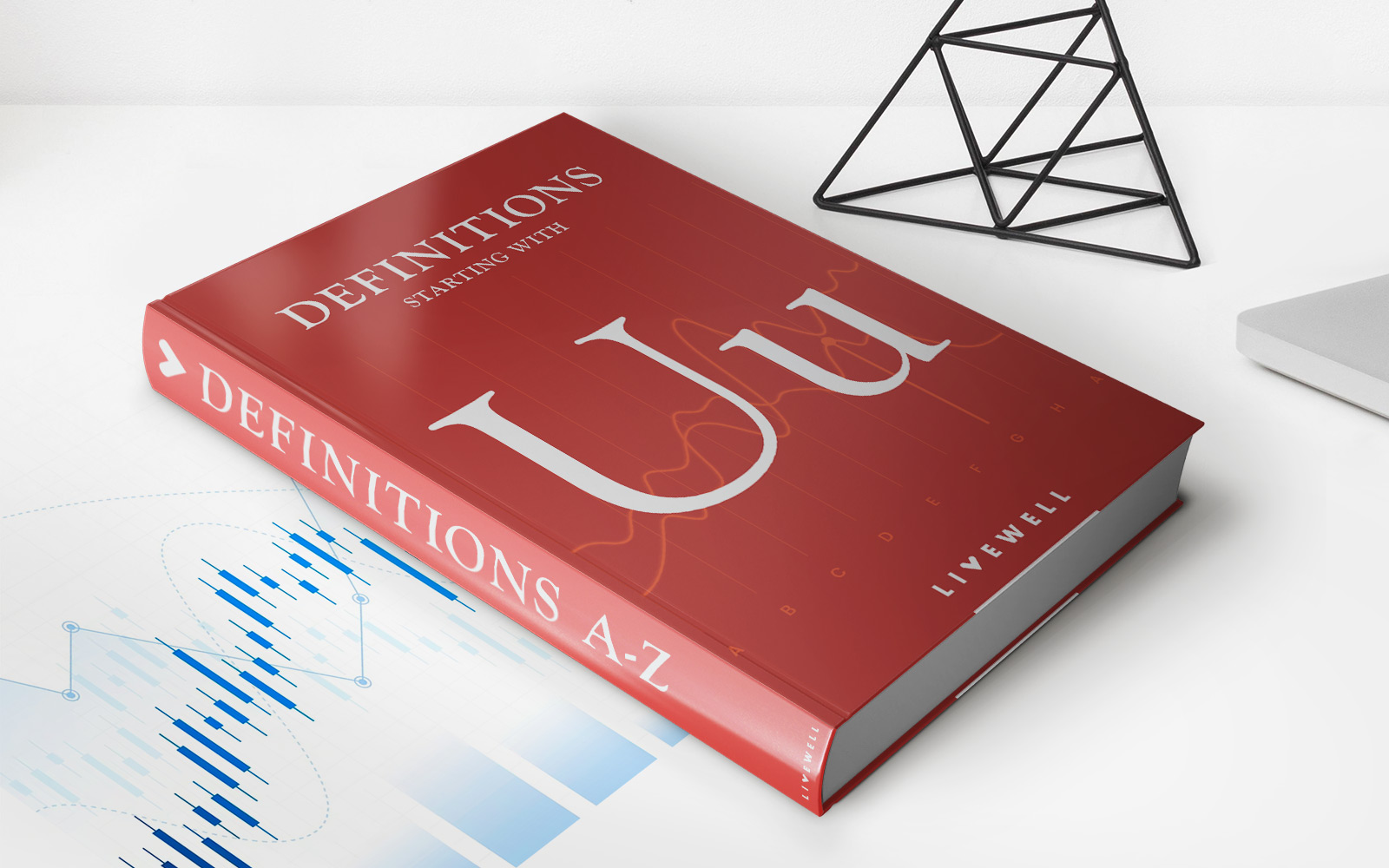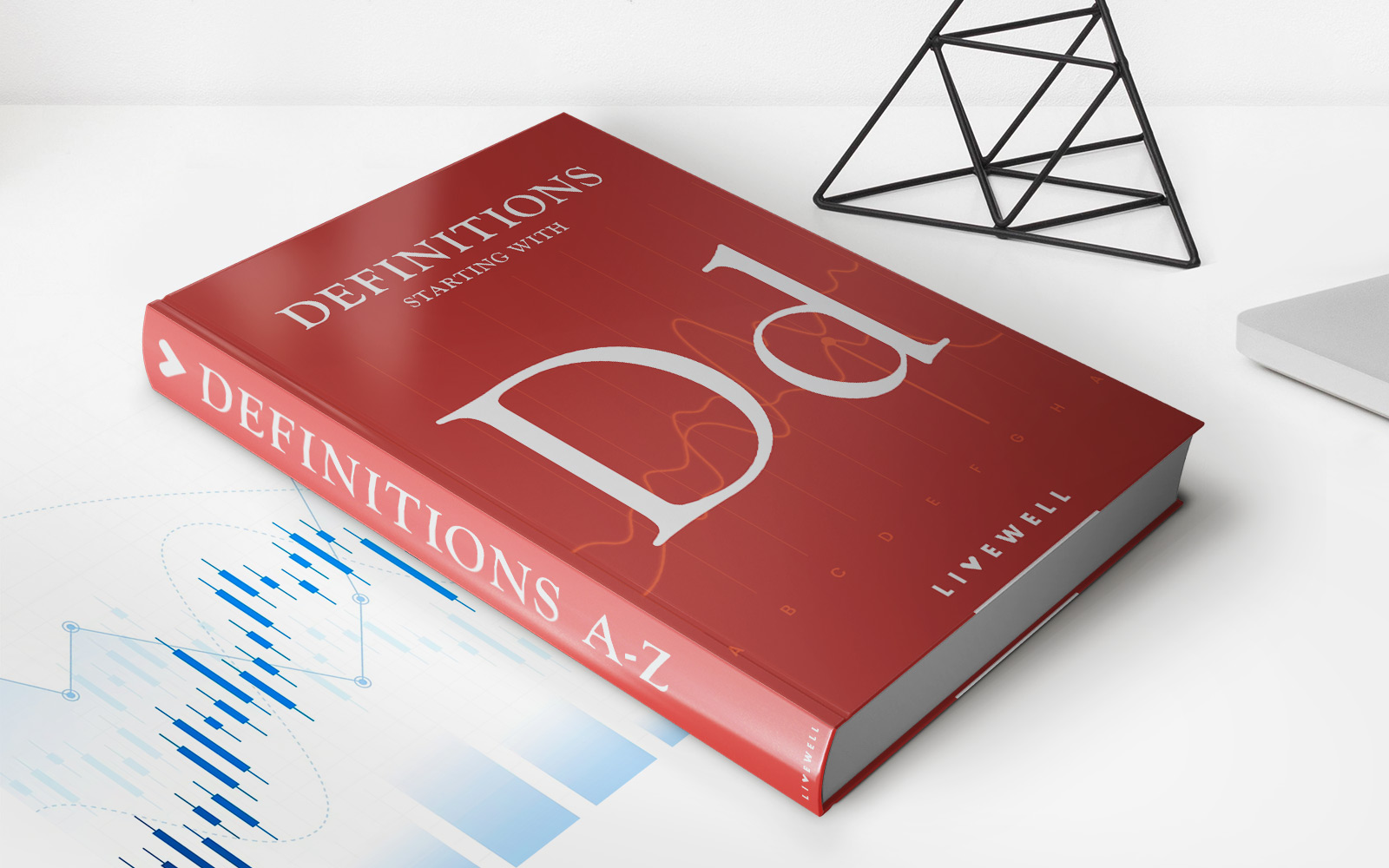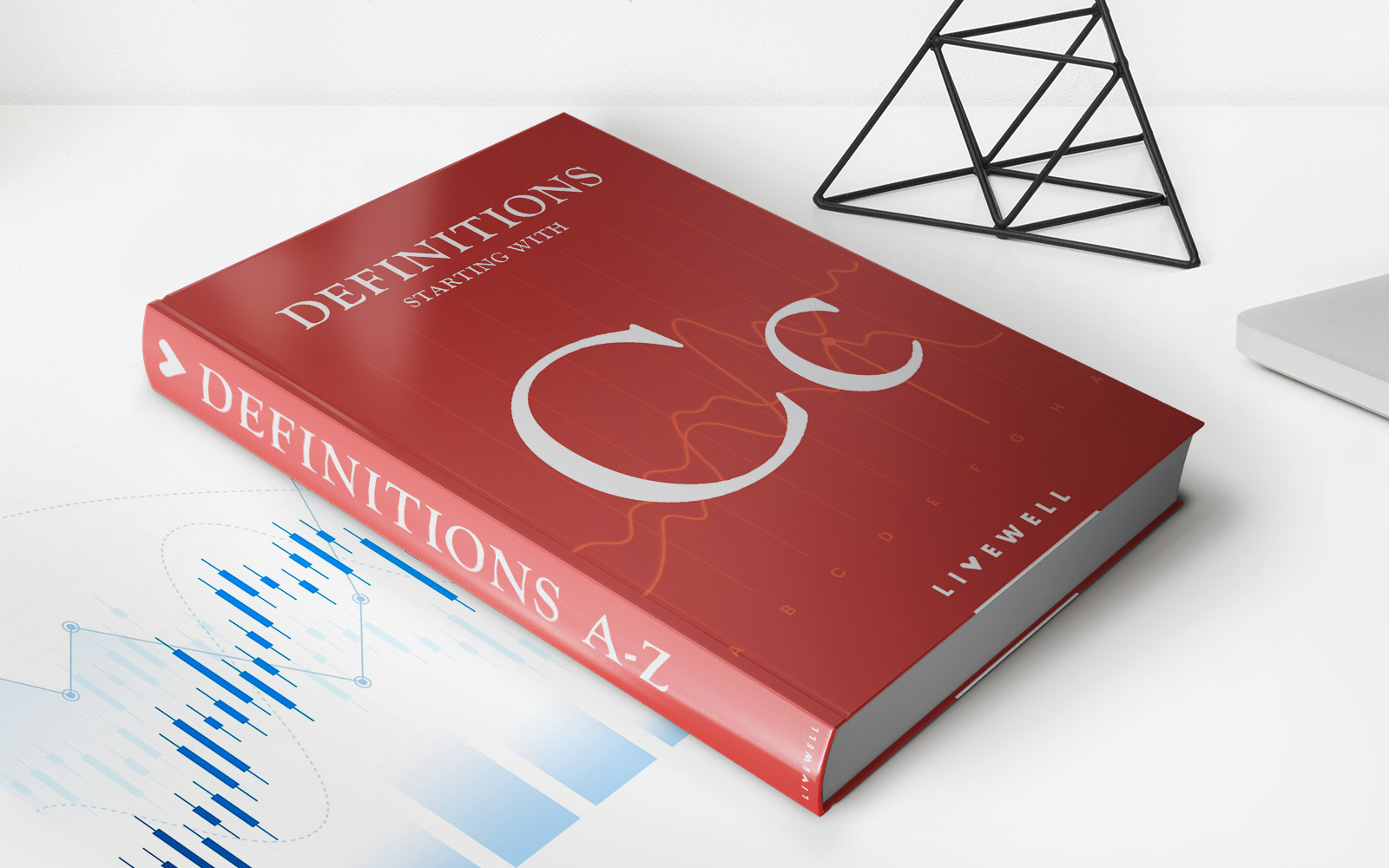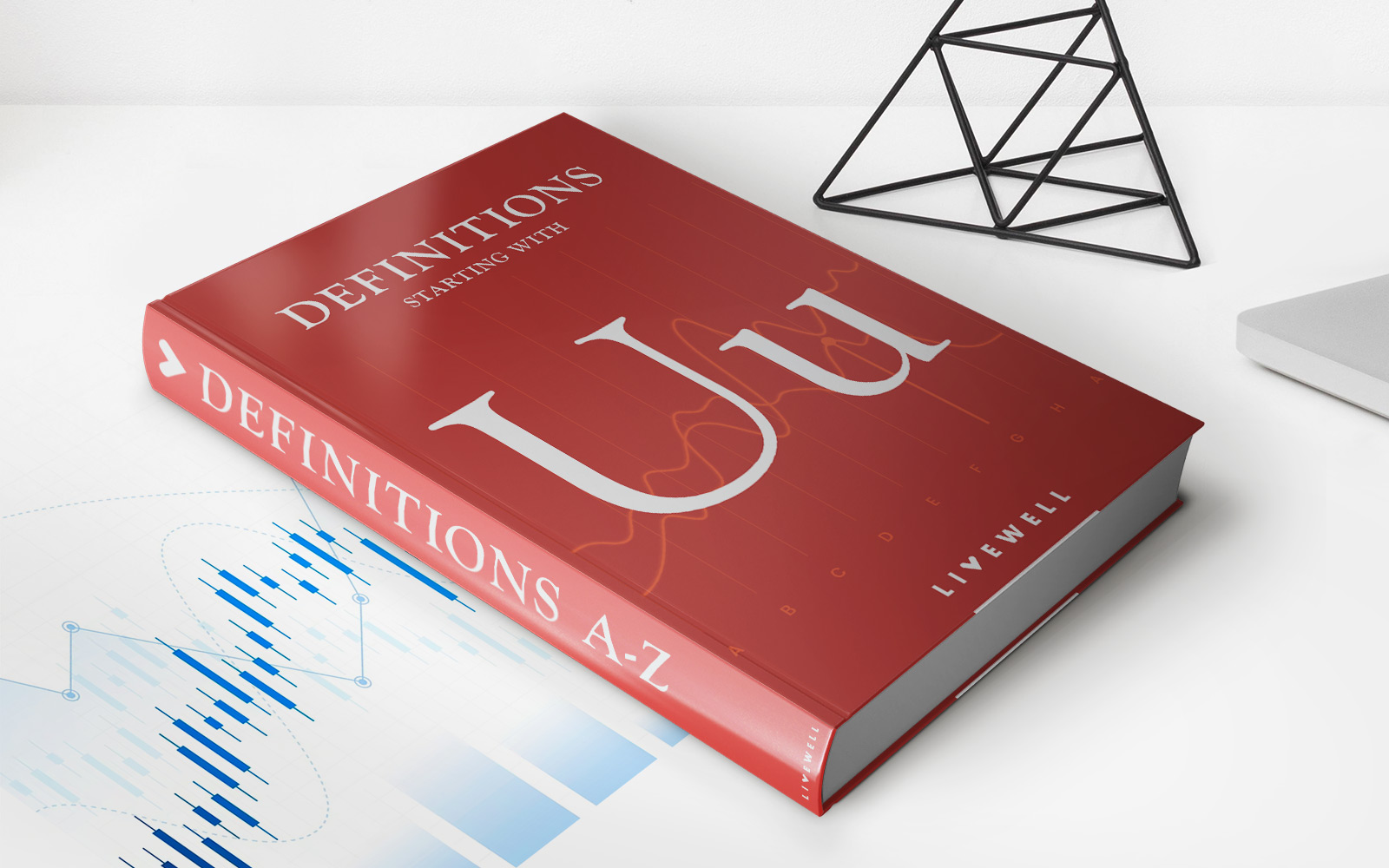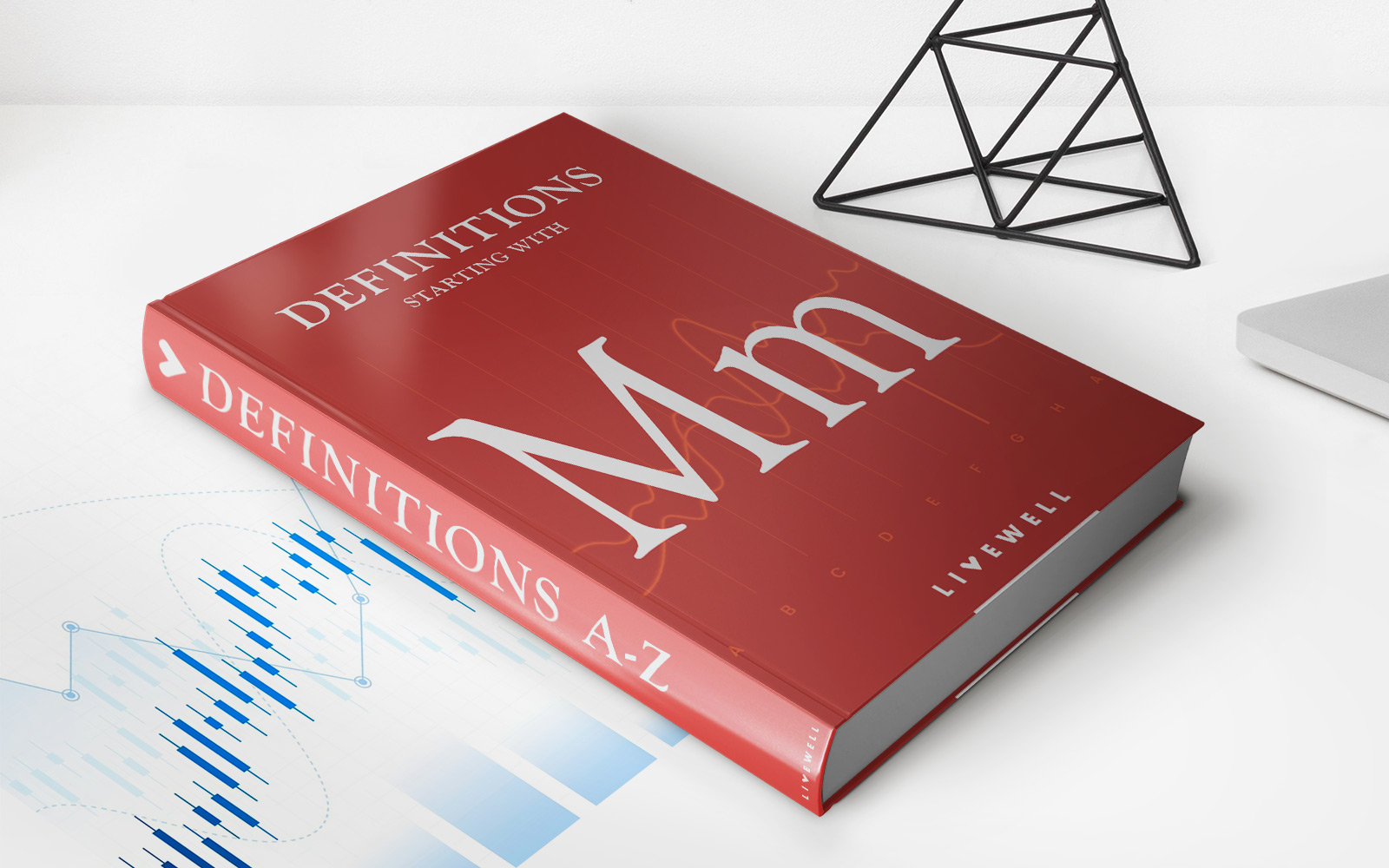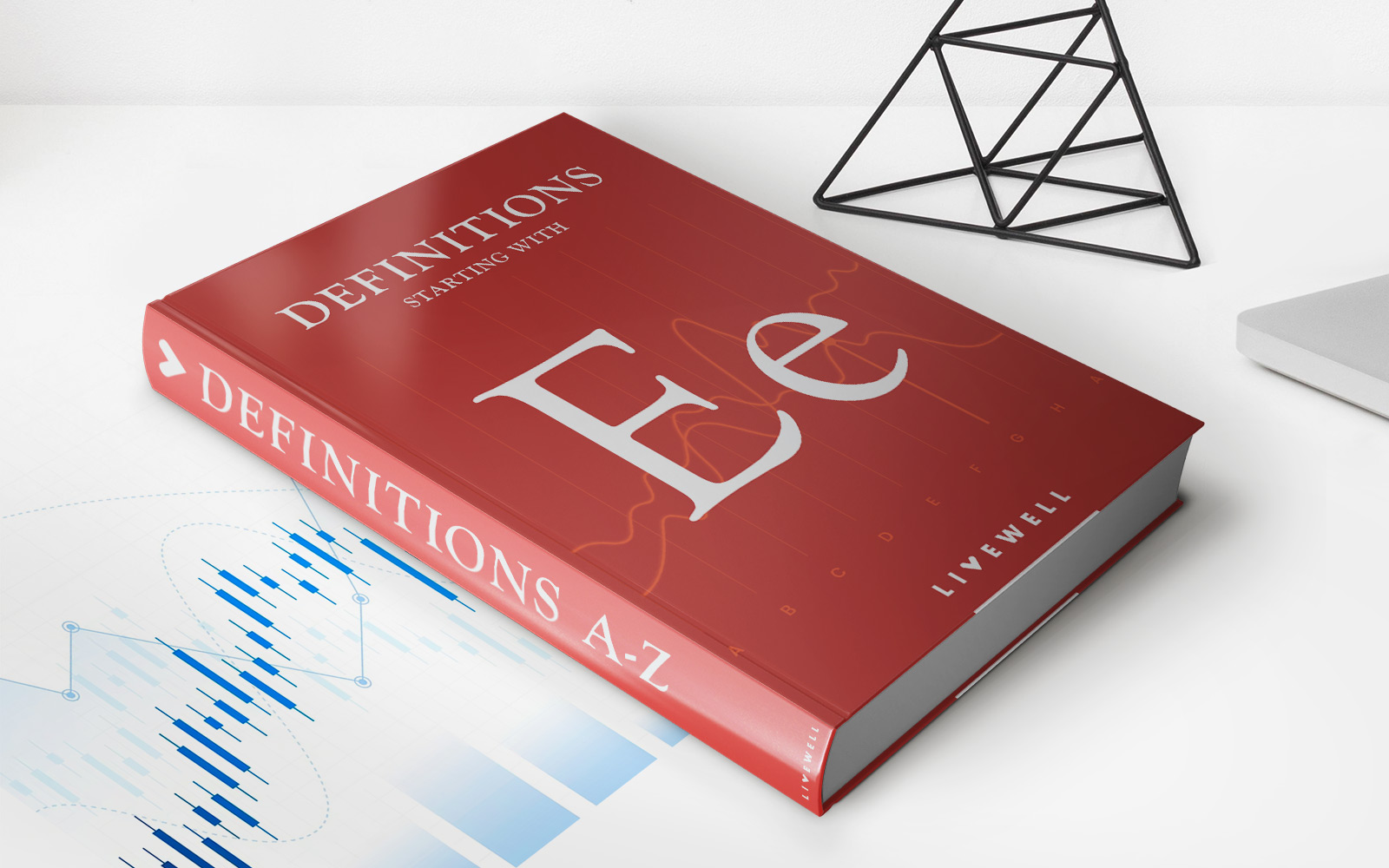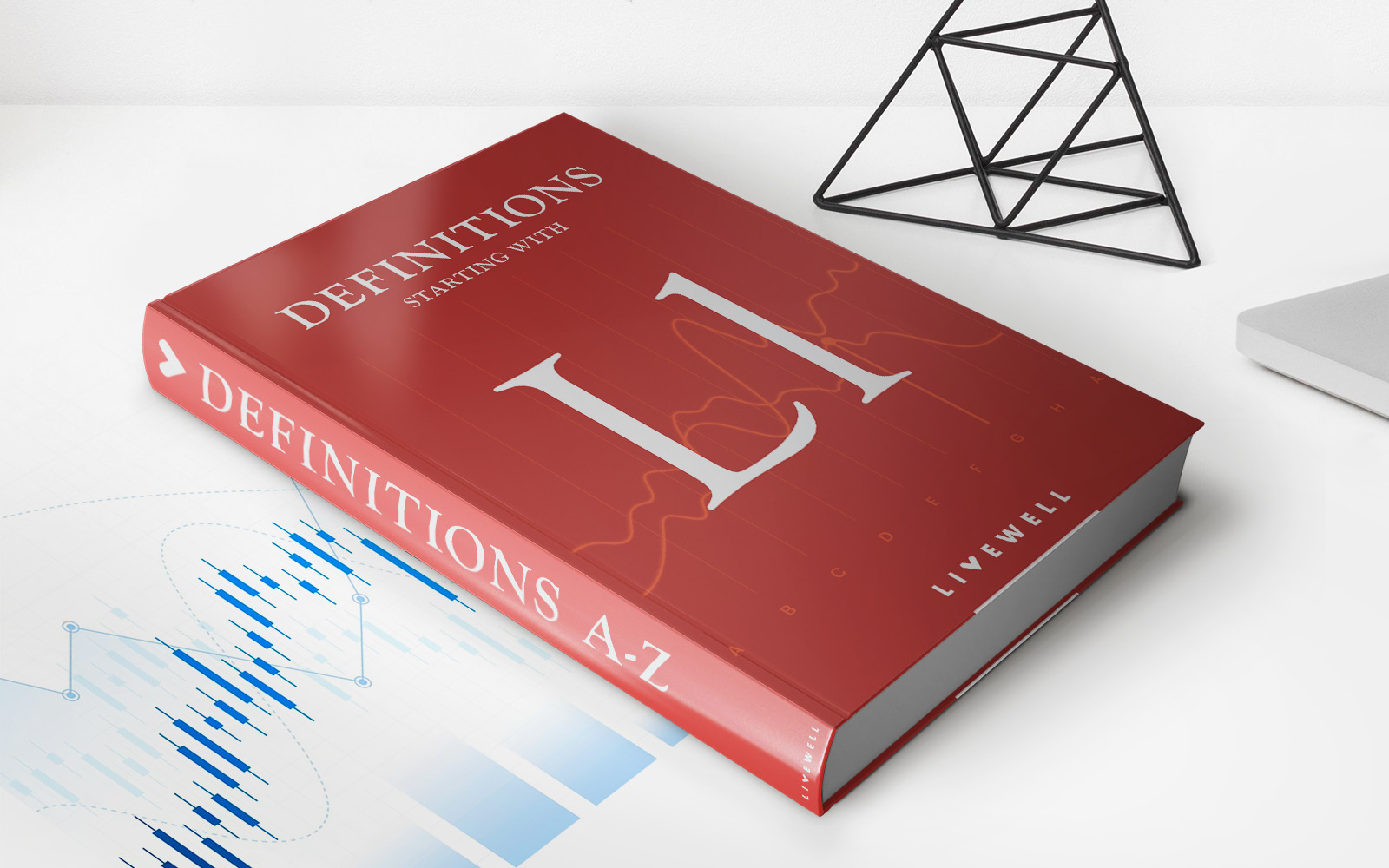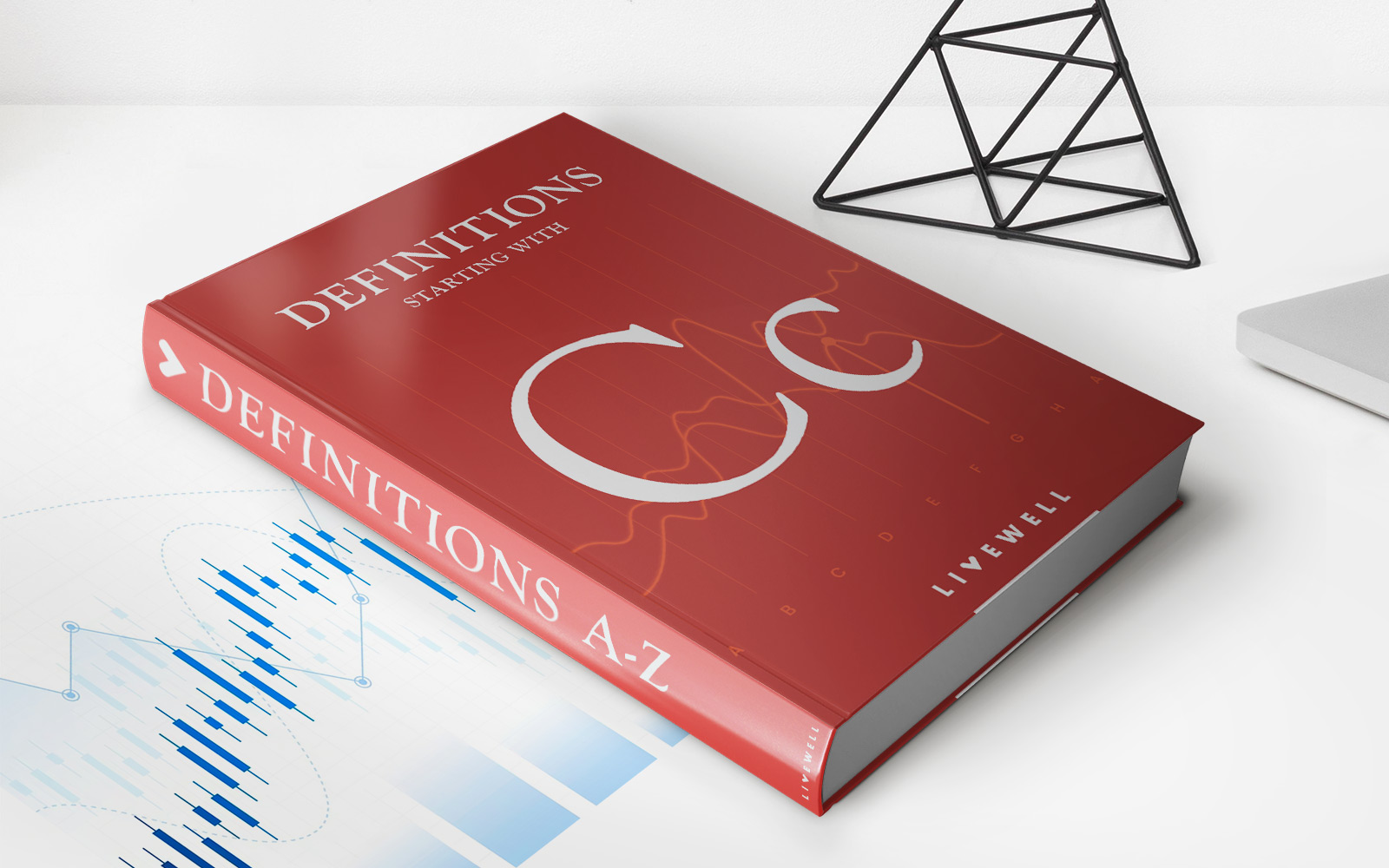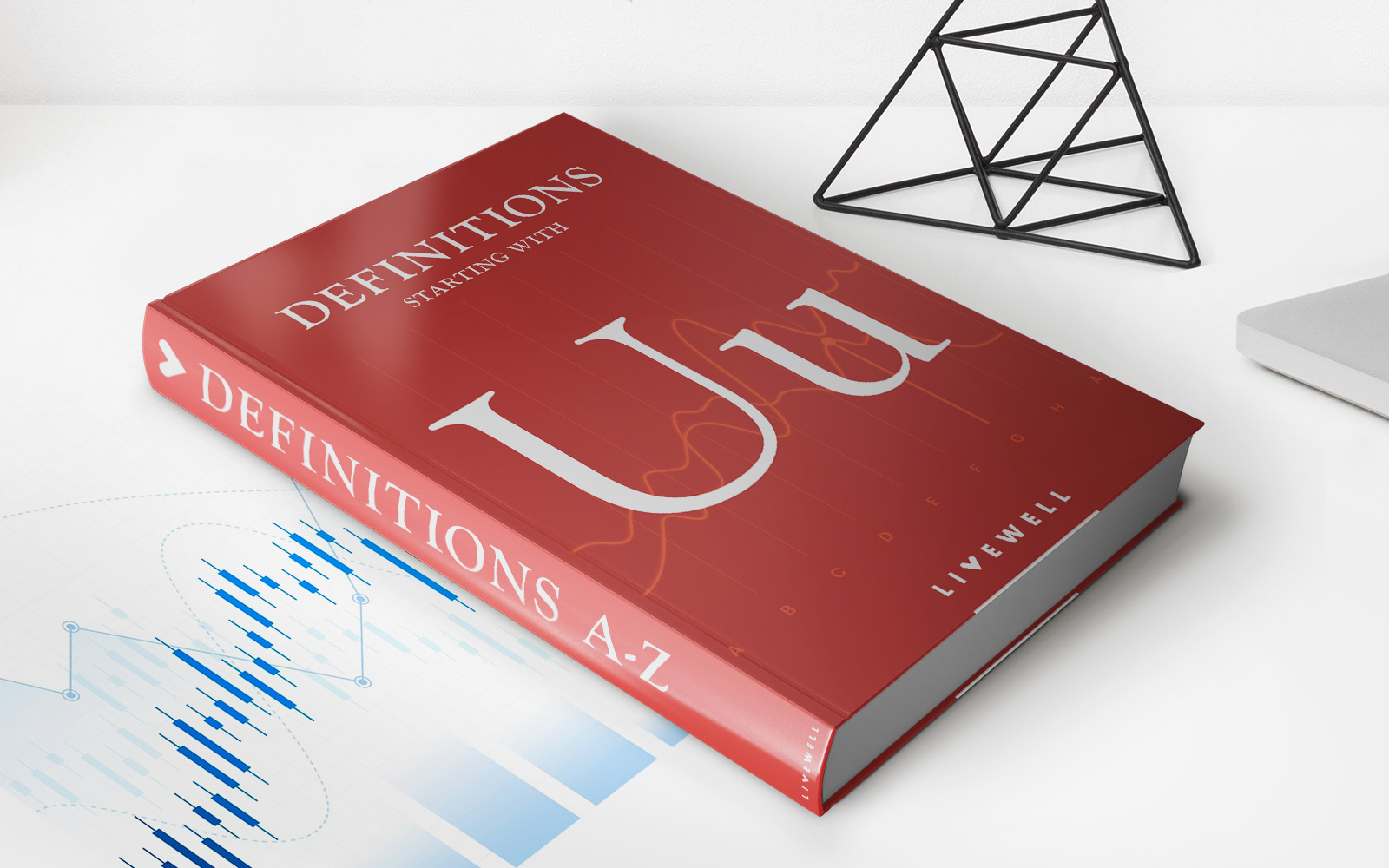

Finance
Universal Default Definition
Published: February 14, 2024
Learn the universal default definition in the world of finance and understand its impact on your financial future.
(Many of the links in this article redirect to a specific reviewed product. Your purchase of these products through affiliate links helps to generate commission for LiveWell, at no extra cost. Learn more)
Understanding Universal Default: What You Need to Know
Welcome to the Finance category of our blog! Today, we are going to dive deep into the world of credit card terms and definitions. In this post, we will be focusing on a concept called Universal Default. Have you ever wondered what Universal Default really means? How does it impact your credit score and financial well-being? Don’t worry, we’ve got you covered. By the end of this article, you’ll have a clear understanding of Universal Default and why it’s important to be aware of it.
Key Takeaways:
- Universal Default is a practice where a credit card issuer raises the interest rate on a cardholder’s existing balances if they have defaulted on another credit account.
- It is essential for consumers to be aware of the terms and conditions of their credit card agreements to avoid getting caught up in Universal Default.
Imagine you’ve been diligently managing your credit card payments and maintaining a good credit score. Suddenly, you receive a notice from your credit card issuer stating that your interest rate is increasing significantly. Confused and frustrated, you wonder why this is happening when you’ve been responsible with your finances. This is where Universal Default comes into play.
So, what exactly is Universal Default? Universal Default is a practice employed by some credit card issuers where they raise the interest rate on a cardholder’s existing balances based on their behavior with other credit accounts. In simpler terms, if you default on any other credit account, such as a loan or another credit card, your credit card issuer can penalize you by increasing the interest rate on your existing credit card balances.
This practice is based on the belief that if a cardholder is defaulting on payments with another creditor, their risk of defaulting on their credit card payment also increases. As a result, the credit card issuer seeks to protect themselves from potential losses by imposing higher interest rates on the cardholder.
Now, you might be wondering, how does Universal Default impact you as a consumer? Here are a few important points to consider:
- Higher Interest Rates: Universal Default can lead to an increase in the interest rate you’re paying on your credit card balances. This means you’ll end up paying more in interest charges, which can be a significant financial burden.
- Impact on Credit Score: If your credit card issuer raises your interest rate due to Universal Default, it can negatively impact your credit score. Higher interest rates can increase your credit utilization ratio, which is a factor that affects your credit score. Additionally, if you struggle to make payments due to increased interest rates, it can further damage your credit score.
Now that you understand the basics of Universal Default, it’s crucial to be proactive in protecting yourself from its consequences. Here are a few steps you can take:
- Read the Fine Print: Carefully review the terms and conditions of your credit card agreement. Look for any clauses related to Universal Default or interest rate increases tied to defaulting on other accounts.
- Stay Organized: Keep track of your financial obligations and ensure you make your payments on time. Managing your finances responsibly reduces the risk of defaulting on any account and triggering Universal Default.
- Communicate with Your Creditors: If you are facing difficulties, it’s always a good idea to communicate with your creditors. They may be able to offer you alternative solutions to help you stay on track.
By being aware of Universal Default and taking necessary precautions, you can safeguard your financial well-being and maintain a healthy credit profile. Remember, knowledge is power, and staying informed can help you make better financial decisions.
Thank you for reading our blog post! We hope you found this information useful. Stay tuned for more engaging content on various finance topics.

